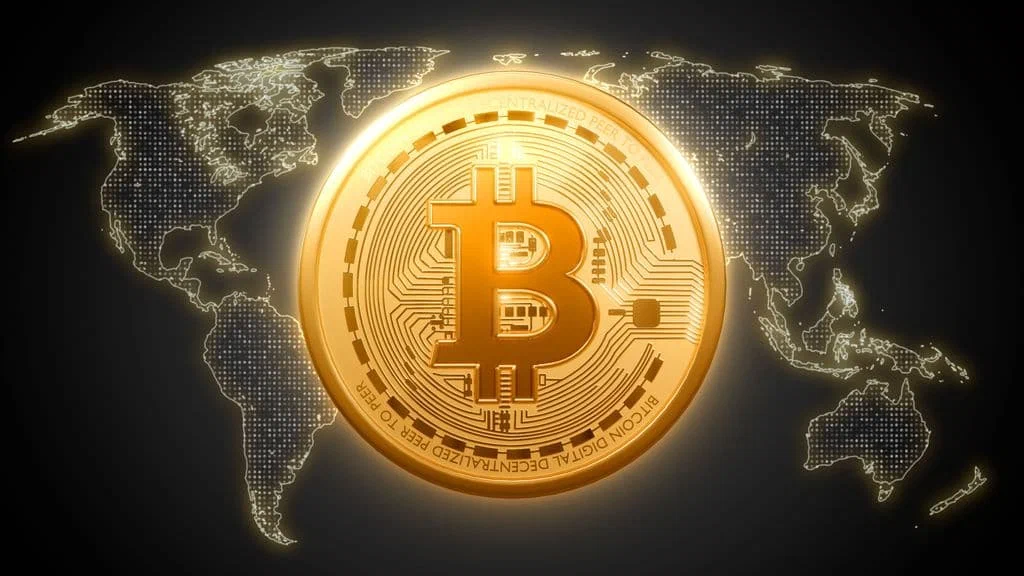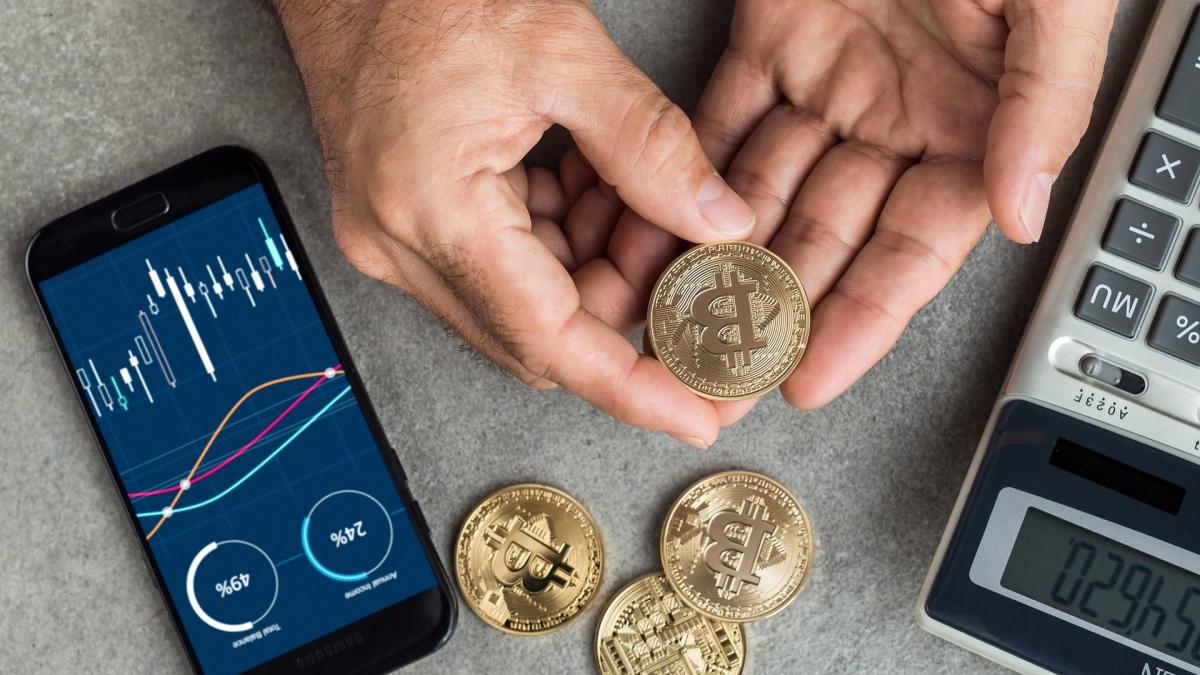
Legitimacy of Bitcoin Has Never Been More Undeniable
Legitimacy of Bitcoin: In the ever-evolving world of finance and technology. Few innovations have stirred as much debate as Bitcoin. From its inception in 2009 by the pseudonymous Satoshi Nakamoto, Bitcoin has been dismissed by skeptics as a passing fad, labeled a tool for illicit activities, and criticized for its volatility. Yet, in 2024, the question of Bitcoin’s legitimacy no longer warrants serious doubt. The reasons for this are manifold and rooted in Bitcoin’s growing adoption, SEC Uncovers Misleading Transactions of Terra USD and institutional interest. Technological advancements, and its resilience in the face of economic uncertainties.
Institutional Endorsement
One of the most significant indicators of Bitcoin’s legitimacy is its embrace by major financial institutions. Over the past few years, titans of finance like BlackRock, Fidelity, and JPMorgan Chase have launched or shown interest in Bitcoin-related financial products, including spot Bitcoin ETFs. These developments have provided a seal of approval from the traditionally conservative financial sector. Signaling that Bitcoin is no longer relegated to the fringes of economic systems.
Moreover, governments and regulators across the globe are now creating frameworks to regulate and integrate Bitcoin into the mainstream. Countries like El Salvador have even adopted Bitcoin as legal tender. Demonstrating its utility as a national currency. Such steps highlight the increasing recognition of Bitcoin as a legitimate financial asset.
Growing Adoption
Bitcoin’s use case as a decentralized currency has gained traction among both individuals and businesses. Global companies such as Tesla, Microsoft, and PayPal have integrated Bitcoin into their operations, allowing customers to transact using the cryptocurrency. Additionally, small businesses and freelancers worldwide are leveraging Bitcoin to circumvent high transaction fees and currency conversion costs associated with traditional financial systems.
In regions with unstable economies, Bitcoin serves as a lifeline. Countries facing hyperinflation, such as Venezuela and Zimbabwe, have seen citizens turn to Bitcoin as a store of value and medium of exchange. Its decentralized nature ensures that individuals retain control over their finances, even in the face of governmental or institutional instability.
Technological and Security Advancements
Bitcoin’s underlying technology, blockchain, has proven to be remarkably secure and efficient. Over the years, developments such as the Lightning Network have addressed scalability concerns, enabling faster and cheaper transactions. These advancements have made Bitcoin more practical for everyday use, further solidifying its role in the financial ecosystem. Additionally, Bitcoin’s immutability and transparency continue to attract interest from sectors beyond finance. From supply chain management to digital identity verification. Blockchain applications demonstrate the robustness and versatility of the technology that powers Bitcoin.
A Hedge Against Economic Uncertainty
 In an era marked by geopolitical tensions, inflationary pressures, and banking crises, Bitcoin has emerged as a “digital gold”—a hedge against economic instability. Its limited supply of 21 million coins ensures scarcity, making it an attractive store of value. Unlike fiat currencies, which can be printed at will by central banks, Bitcoin’s monetary policy is hard-coded and immune to manipulation.
In an era marked by geopolitical tensions, inflationary pressures, and banking crises, Bitcoin has emerged as a “digital gold”—a hedge against economic instability. Its limited supply of 21 million coins ensures scarcity, making it an attractive store of value. Unlike fiat currencies, which can be printed at will by central banks, Bitcoin’s monetary policy is hard-coded and immune to manipulation.
The banking failures in 2023, coupled with inflationary fears in major economies, have further underscored Bitcoin’s appeal. Investors seeking refuge from traditional financial instruments increasingly view Bitcoin as a viable alternative.
Overcoming Criticisms
While criticisms of Bitcoin—including its environmental impact, association with illicit activities, and price volatility—are not unfounded, significant progress has been made to address these issues. The adoption of renewable energy in Bitcoin mining has mitigated its carbon footprint, with some estimates suggesting that over 50% of mining operations now rely on sustainable energy sources.
Regulatory crackdowns and advancements in blockchain analytics have curtailed the use of Bitcoin for illegal purposes. Meanwhile, as the market matures, Bitcoin’s price volatility has shown signs of decreasing, making it a more stable asset for investors and users alike.
Conclusion
The journey of Bitcoin from a niche digital experiment to a globally recognized financial asset is nothing short of extraordinary. Today, its legitimacy is underscored by institutional adoption, technological advancements, and its role as a hedge against economic uncertainty. While challenges remain, the progress made in addressing these issues only strengthens Bitcoin’s position as a transformative force in the financial world.
[sp_easyaccordion id=”5303″]







